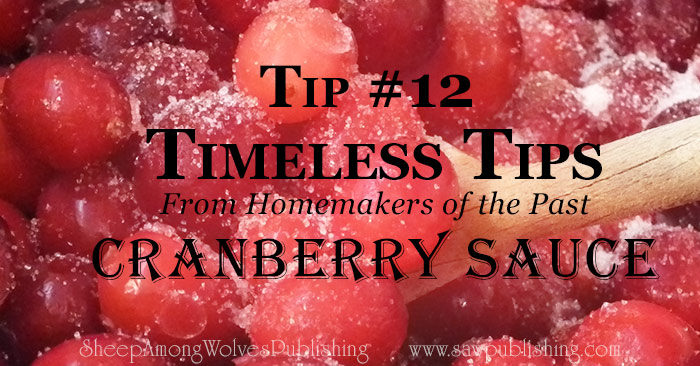Is Home Ec Just for High School?
 Is Home Ec just for high school?
Is Home Ec just for high school?
If you have ever seen a little child up to their elbows in rice crispy square batter (or dough, or whatever you call the gooey stuff that’s going to be rice crispy squares if you get it into the pan before it hardens) or if you have ever watched a preschooler setting a picnic table with plastic cutlery and as much precision and care as a butler at Buckingham Palace, or if you’ve ever observed a twelve-year-old wheeling the vacuum-cleaner like a pro—then maybe the thought has crossed your mind, do we need to wait to grade nine to start Home Ec?
Little Ones Love to Help
 When you come to think about it, the age when children are most likely to love Home Ec comes a long time before high school. By the time students have reached grade nine, some of them like cooking, and some don’t. Some have a talent for sewing, and some find it frustrating. Some are cheerful about sweeping a room, or ironing shirts, or folding laundry, and some struggle to perform these tasks with a decent attitude.
When you come to think about it, the age when children are most likely to love Home Ec comes a long time before high school. By the time students have reached grade nine, some of them like cooking, and some don’t. Some have a talent for sewing, and some find it frustrating. Some are cheerful about sweeping a room, or ironing shirts, or folding laundry, and some struggle to perform these tasks with a decent attitude.
But almost all small children love imitating Mom or Dad. Most little ones are enthusiastic about getting to “try it themselves.” Most get excited about helping with cooking and baking—whether they develop into kitchen-loving adults or not.
Doesn’t it seem a pity to waste all that enthusiasm and pleasure by waiting until high school to really start them on homemaking skills?
Learning Is Easiest When You’re Young
Everyone is familiar with the idea that we learn things more easily the younger we begin.
It may seem like a paradox to suggest that high school students are too old to start learning Home Economics, but doesn’t the frustration and disillusion many high school Home Ec-ers display mirror the difficulties which adults face in trying to master educational elements later in life?
A six-year-old doesn’t dream of deciding she isn’t cut out for baking just because the cookies were flat, burnt, and had a suspicious taste of salt into the bargain. She is duly impressed with the fact that she mixed them, and baked them, and is now going to get to eat them – and she is planning on coming back for more adventures in the kitchen as soon as possible.
By the time that child is in high school, she will have a laid a foundation which will let her Home Ec course perfect her skills and broaden her horizons, because she will have already mastered the “baby steps” at the time when they were easiest.
Do Our Daughters See that we Value Homemaking?
I sometimes wonder whether our indifference towards Home Ec as a school subject really springs from a lack of value for homemaking skills in real life.
The tiny number of hours we spend teaching our daughters home-making skills subconsciously suggests one of two ideas:
- That homemaking is pretty easy to pick up – an idea which the young student will sooner or later find false to their dismay.
- That home-making isn’t all that important to the Christian woman. This is a message which our culture is constantly sending, but which couldn’t be further from the truth.
Do our daughters see that we value homemaking, when it is relegated to a couple of years of elective courses towards the end of their education? Would we be modeling a better appreciation for the role God has called us to as women, if we started Home Ec a little sooner, and put a little more effort into it along the way?
Home Ec Is Not Just for High School
In my opinion, Home Ec is for every young lady who is big enough to stand on a kitchen chair, and stir a bowl of flour with a huge wooden spoon.
Little children can learn homemaking skills just as easily—sometimes more easily—than teenagers can. Let’s go out of our way to give them this priceless opportunity!
If you are looking for an easy way to add some homemaking skills to a subject like history that you’re already teaching, see our post:
You might also enjoy:

Can you really teach a love for cooking? Today’s Timeless Tip takes a look at some excellent advice for teaching culinary skills to girls of all ages.

Are you struggling to figure out homeschooling on your own? Timeless Tips from Educators of the Past offers a wealth of wisdom gleaned from days gone by.

What makes a book good? What makes it bad? SAW Publishing has a very specific definition of good books: a definition which has become our company’s hallmark.

